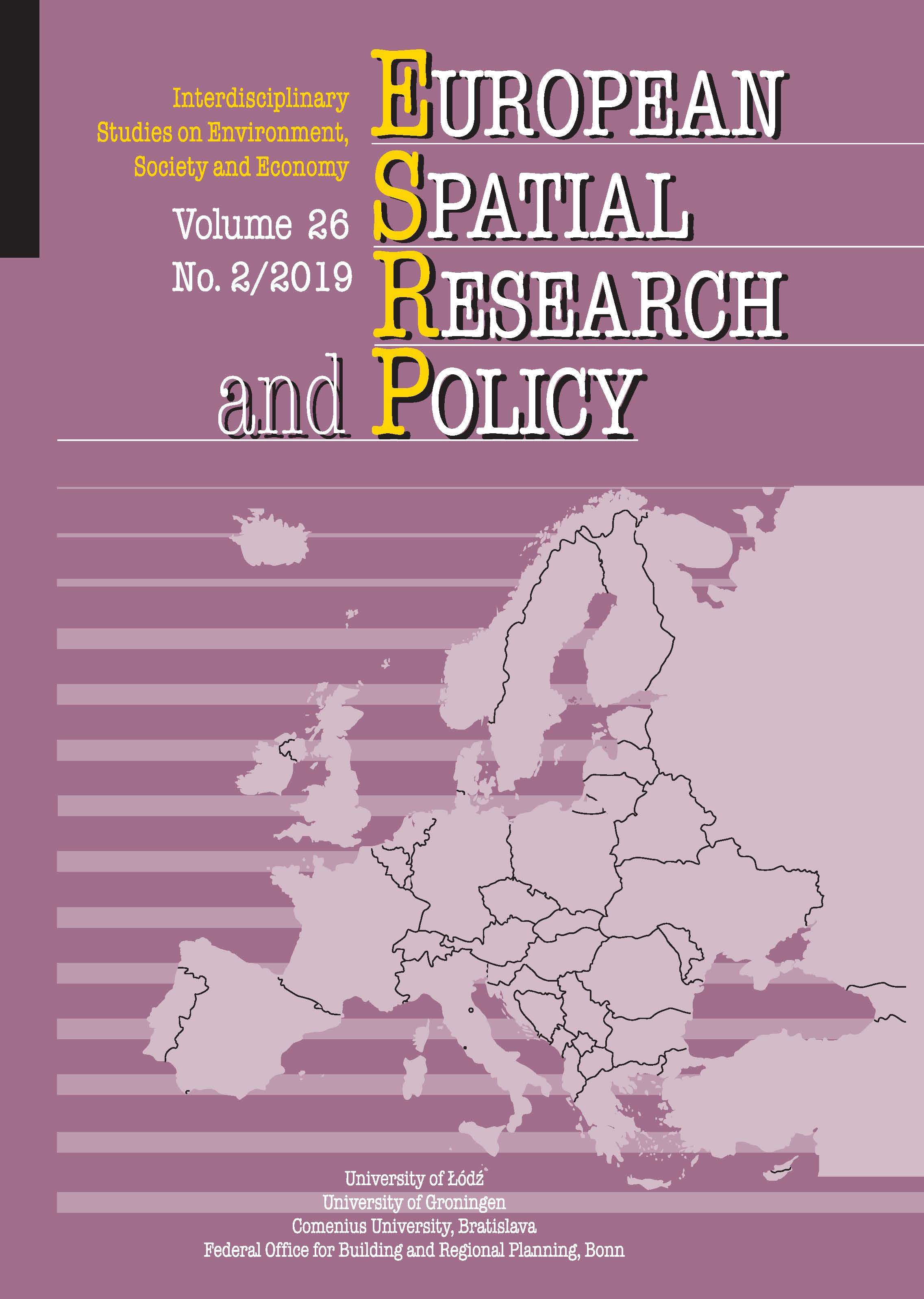Municipal waste in Poland: analysis of the spatial dimensions of determinants using geographically weighted regression
Municipal waste in Poland: analysis of the spatial dimensions of determinants using geographically weighted regression
Author(s): Elżbieta AntczakSubject(s): Economy, Geography, Regional studies
Published by: Wydawnictwo Uniwersytetu Łódzkiego
Keywords: municipal waste; Polish districts; regional heterogeneity and spatial interactions; socio-economic factors; geographically weighted regression
Summary/Abstract: This article provides a quantification of the territorially varied relation between socio-economic factors and the amount of municipal waste in Polish districts. For this purpose, eight causes were identified: revenue budgets, the number and area of uncontrolled dumping sites, population density, the share of working-age population, average gross monthly wages, registrations for permanent residence, and the number of tourists accommodated. The preliminary data analysis indicated that to understand waste generation in Poland at the local level it is necessary to consider regional specificity and spatial interactions. To increase the explained variability of phenomena, and emphasise local differences in the amount of waste, geographically weighted regression was applied.
Journal: European Spatial Research and Policy
- Issue Year: 26/2019
- Issue No: 2
- Page Range: 177-197
- Page Count: 21
- Language: English

